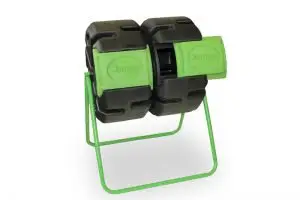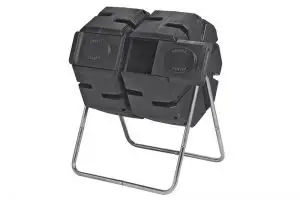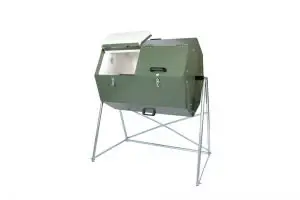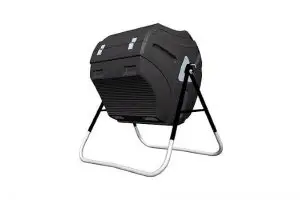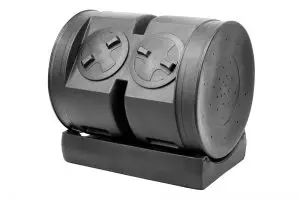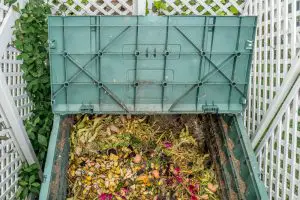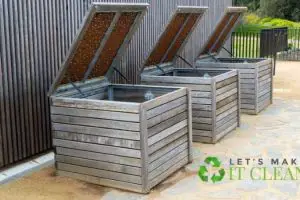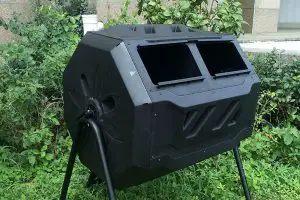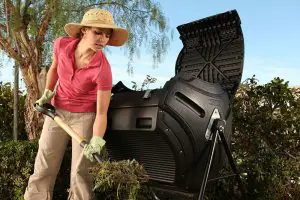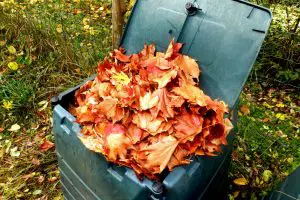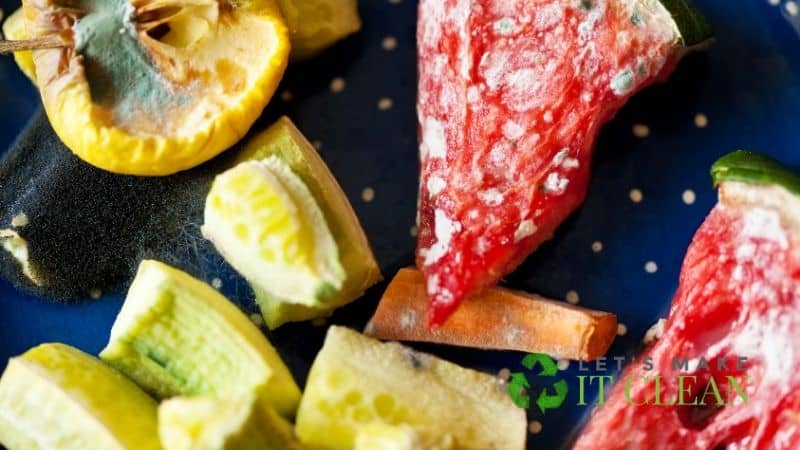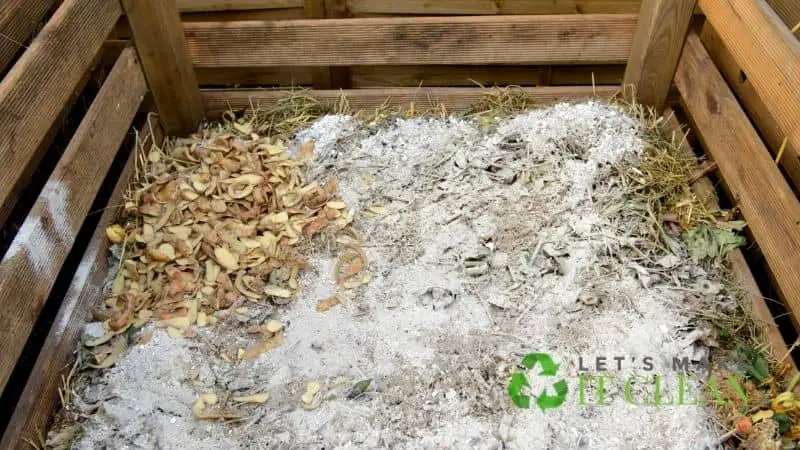Can you put eggshells in your compost pile? And do they break down in the garden?
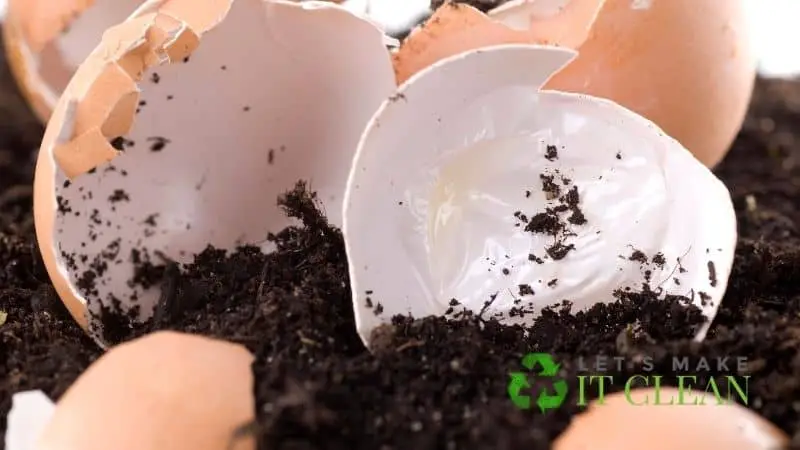
Decomposing eggshells is an excellent way of recycling a component that would have been thrown away.
Here, you will learn everything regarding where, how, and when to use eggshells in your garden.
Quick Navigation
Are you wondering what to do with the eggshells in your kitchen dust bin?
Well, worry no more. The eggshells don’t have to end at the landfill after all. You can put them into good use that will benefit your garden soil and aid in plant growth.
So, can you put eggshells in your compost? Yes, you can.
What about the risk of Salmonella bacteria from the eggs that are not properly cooked?
Why Compost Eggshells?
Each ingredient you use in the composting process will provide nutrients that are beneficial to the garden. Eggshells are no different. Having eggshells in your compost pile is a rich source of calcium.
Therefore, the eggshells in the garden help to increase the raise the calcium levels in the soil for more healthy plants.
When you add calcium to the garden, it helps plants to build cell walls. Without the calcium from the eggshells, plants would grow slowly.
Some vegetables such as squash and tomatoes and fruits will develop blossom end rot due to low calcium content, which is an essential building material.
You don’t need to crush the compost eggshells. If you put them the way they are in the compost, they will still break down but will take longer.
Crushing them into small pieces speeds up the decomposition process. Before using eggshells, you can also consider cleaning them to prevent attracting animals and pests that would disrupt the composting process.
Can you compost cooked eggshells?
Nothing stops you from composting cooked eggshells. Most gardeners have an issue with eggshells in that they are still visible even with the finished compost.
Therefore, you should try and crush the eggshells to the finest particles before adding them to the compost.
Note, it doesn’t make any difference whether the eggshells are cooked or not. Cooked eggshells will still be as hard as the ones that are not cooked. You should put the eggshells in the compost just like the way you put any other composting ingredients.
How Long Do Eggshells Take to Compost?
Eggshells are a superb way of dealing with calcium deficiency in your garden. If you use eggshells in the garden, they provide the all-important nutrient for plant growth.
Although the eggshells offer vital nutrients, it’s not recommended to add them to your compost as they take longer to decompose. They slow down the composting process, and they are also popular for attracting pests and rodents.
But the eggshells can break down faster in some environments. For instance, it has been found that finely crushed eggshells break down faster when added to an acidic soil base.
If you conduct a soil test, you realize that finely crushed eggshells do affect the soil pH. The eggshells are calcium carbonate, which dissolves in acids but not in alkaline.
The eggshells react with the acids in the soil and react like the hydrated white lime. The calcium carbonate lime helps to balance the soil PH, and they stop breaking down at a 6.8 pH.
Do Eggshells in the Compost Attract Rats?
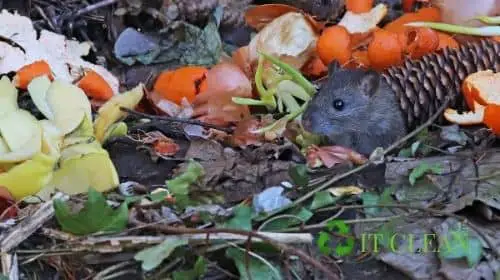
Using eggshells in the compost does attract rats. If the eggshells are not rinsed, then they contain egg residue. The egg residue dries and starts to smell. The egg smell is popular for attracting rats to your compost bin.
Using Eggshells in the Garden for Pests
Apart from adding calcium to the soil and being useful in acidic soils, compost eggshells can also be useful in the garden as pest control. You can use the eggshells to keep off pests like cutworms, snails, slugs, and other crawling pests.
The eggshells act as diatomaceous earth. When the pests pass through the gardens where you have eggshells, the eggshells make small cuts in the pests. The pests then dehydrate and die.
How do you make eggshells to use for pest control?
You can put them in a coffee grinder and process them for a few seconds. You can also crush them under a rolling pin or a bottle. After crushing them, sprinkle the eggshells in the garden areas where the pests are becoming a nuisance.
You can also use eggshells as a type of organic insecticide.
Compost Eggshells and the Salmonella Bacteria
Gardeners are concerned about transferring the salmonella bacteria from the chicken to the shell, and finally to the egg when the shell cracks.
Farmers are advised to clean the eggs before packaging, which helps to keep the bacteria at bay.
Cooking the eggs kills the salmonella bacteria, and so does hot composting. Hot composting kills various pathogens and weed seeds, including bacteria, especially when the temperatures rise to 140-160 degrees Fahrenheit.
Gardening Tips Using Compost Eggshells
You can add eggshells straight to the soil.
Note, using eggshells while planting may not help this season’s plants as the eggshells may take long to decompose and release calcium in the soil.
However, the eggshells will decompose eventually and provide vital nutrients to the soil. Most gardeners prefer using eggshells with plants that are susceptible to blossom end rot, such as tomatoes.
Apart from using them in planting, eggshells are also an effective garden mulch. Although it can take some time to eat enough eggs to make a cover for your garden, it can help a lot if you get one.
The eggshells work the same way commercial mulch work in preventing weeds.
You crush the eggshells into small pieces and then put them on top of your garden, and you have an incredible garden bed.
Conclusion
Composting eggshells with other kitchen waste is an excellent way of recycling something that would have ended in the landfill.
You can use the compost directly in the soil, in a compost bin, or use it as mulch.

